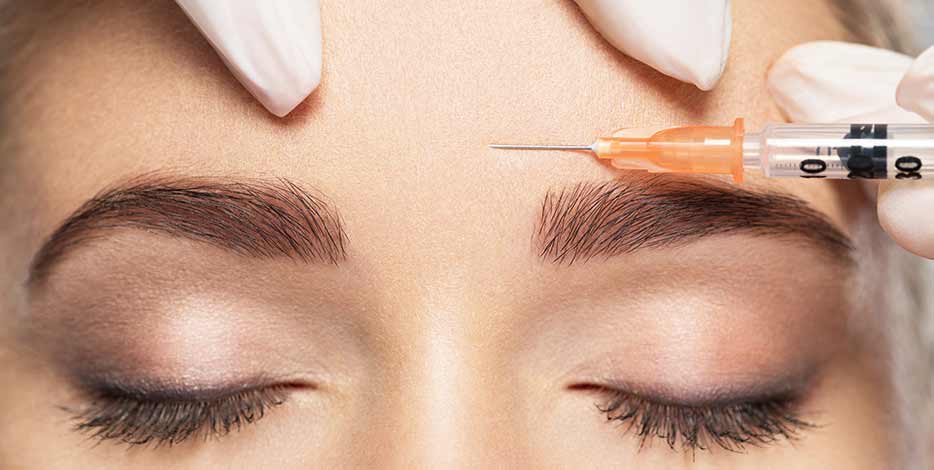Men’s Skincare Revolution: Why Korean Beauty is Taking the World by Storm

Skincare is no longer just a concern for women. In recent years, there has been a significant shift in the beauty industry with men paying more attention to their skincare routines. One of the driving forces behind this revolution is the rise of Korean beauty products and routines. Korean skincare is known for its innovative ingredients, multi-step routines, and focus on achieving healthy, glowing skin. In this article, we will explore why Korean beauty is gaining popularity among men worldwide.
The Rise of Men's Skincare
Changing Attitudes
- Men are becoming more conscious of their appearance and the importance of self-care.
- Celebrities and influencers are promoting skincare routines, making it more mainstream for men.
- Masculinity is being redefined to include grooming and skincare as essential components.
Specific Skin Concerns
- Men often have different skincare needs than women, such as thicker skin and more prominent pores.
- Shaving can cause irritation and ingrown hairs, making skincare essential for maintaining healthy skin.
- Men are looking for products that can address concerns like acne, aging, and overall skin health.
Korean Beauty Secrets
Innovative Ingredients
- Korean skincare products often feature unique ingredients like snail mucin, ginseng, and hyaluronic acid.
- Natural extracts and plant-based ingredients are commonly used in Korean beauty products.
- Ingredients are carefully selected for their effectiveness in improving skin health and addressing specific concerns.
Multi-Step Routines
- Korean skincare routines typically involve multiple steps, such as cleansing, toning, essence, serums, masks, and moisturizing.
- The focus is on hydration, brightening, and maintaining a healthy skin barrier.
- Consistency and patience are key to achieving results with a multi-step skincare routine.
The Appeal to Men
Efficiency and Effectiveness
- Korean skincare products are designed to be lightweight, fast-absorbing, and non-greasy, making them suitable for men's preferences.
- The emphasis on hydration and brightening appeals to men looking to achieve healthy, glowing skin.
- Men appreciate the visible results and improvement in skin texture and tone from using Korean beauty products.
Ease of Use
- Korean skincare routines are straightforward and easy to follow, making them accessible to men who may be new to skincare.
- Products are often labeled with step numbers, making it simple to understand the order of application.
- Kits and sets are available for men to easily incorporate a full skincare routine into their daily regimen.
Global Impact
Market Growth
- The global market for men's skincare products is growing rapidly, with Korean beauty brands at the forefront of this expansion.
- Men in Western countries are increasingly adopting Korean skincare routines and products for their effectiveness.
- Korean beauty companies are expanding their reach internationally, catering to the growing demand for men's skincare products.
Cultural Influence
- Korean pop culture, including K-pop and K-dramas, has played a significant role in popularizing Korean beauty trends worldwide.
- The emphasis on flawless skin and youthful appearance in Korean media has encouraged men to adopt skincare practices.
- Korean beauty standards have become aspirational for men of all ages and backgrounds, driving the popularity of Korean skincare.
In conclusion, the men's skincare revolution is being fueled by the rise of Korean beauty products and routines. The innovative ingredients, multi-step routines, and focus on achieving healthy, glowing skin have made Korean beauty a global phenomenon. Men are increasingly embracing skincare as an essential part of their self-care routines, and Korean beauty has proven to be effective in addressing their specific skin concerns. As Korean beauty continues to take the world by storm, men can look forward to healthier, more radiant skin with the help of these transformative products.